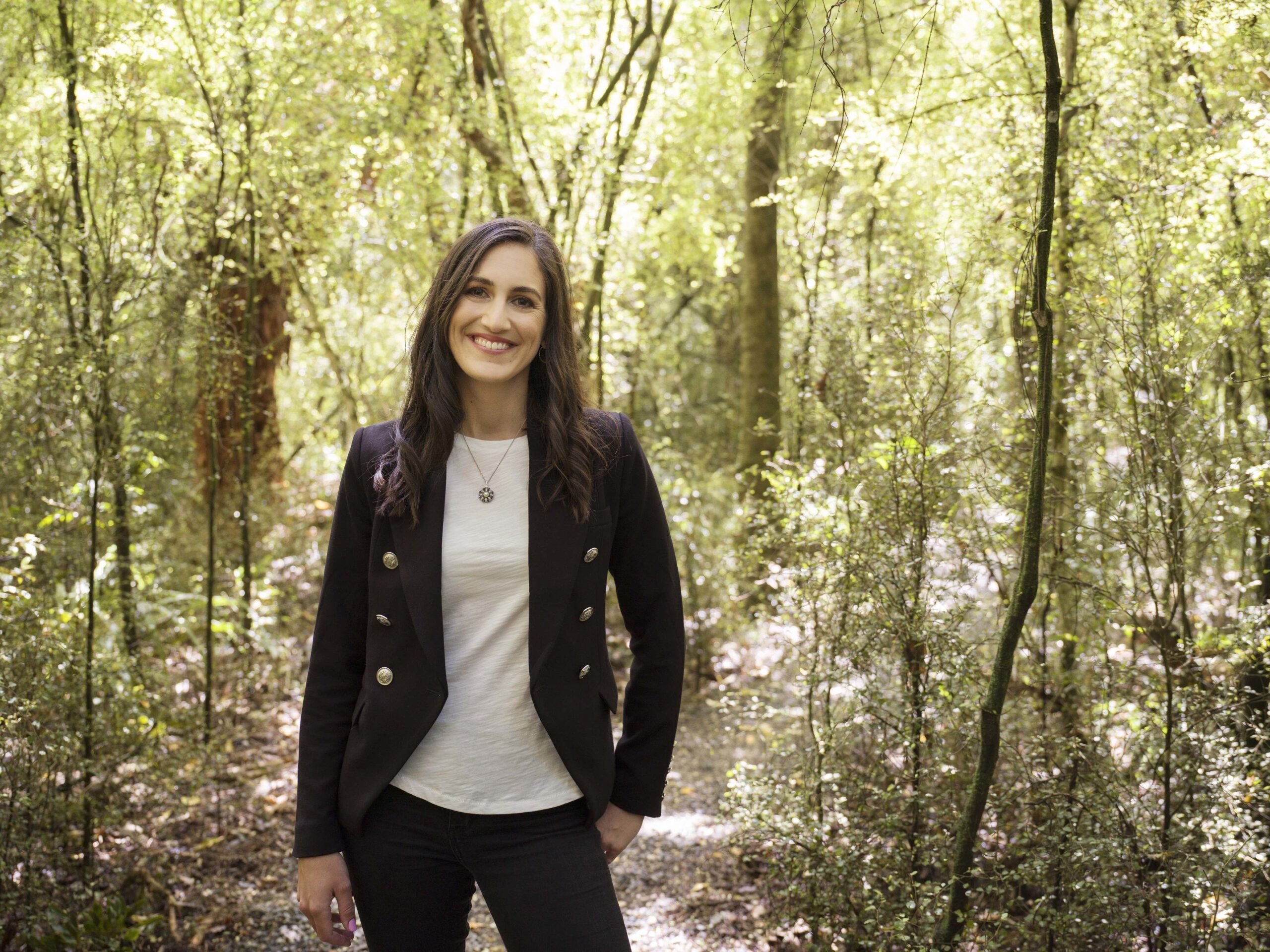We all know exercise, healthy foods, and deep breaths can help us when we’re feeling down or anxious, but understanding the science behind why it helps, is equally as important.
With one in four Kiwis at risk of developing mental health struggles, anxiety is one of the most prevalent mental health conditions, especially for young people and women. But Otago-based neuroscientist Dr Olivia Harrison says that when it comes to managing and responding to anxiety, no two people are the same.
“Understanding your own personality may help provide insight into how and why we worry, and which strategies might help us best manage both our thoughts and symptoms,” says Dr Harrison.
“Anxiety is unique to every individual and needs to be treated as such. The treatments that work well for some people, do not work for everyone. We also know that many common treatments don’t always stick, and it may be because we are not giving people the necessary tools for their specific anxiety profile.”
Dr Harrison has been selected by an independent panel of science and research representatives to receive the L’Oréal-UNESCO For Women in Science fellowship to further her research into understanding anxiety, and how the way in which we perceive and deal with symptoms of anxiety can, for better or worse, influence our mental state.
Today, the term ‘worried well’ is becoming a commonplace term for an individual that appears well, but in reality, may privately be suffering from a variety of distressing anxiety responses. While we know certain levels of anxiety can be healthy for things such as self-awareness, Dr Harrison says that we are seeing anxiety occur at more disabling levels as society continues to evolve, and our coping strategies and treatments are lagging behind.
The topic is of both personal and professional interest to Dr Harrison, who understands what it is like to experience high levels of anxiety and wants to help others address some of the gaps in the way people identify signals from the body, such as a racing heart, shortness of breath or sweaty palms, to better develop treatments and techniques that can help manage these symptoms.
“It can be challenging to secure funding to advance scientific research, so receiving the L’Oréal-UNESCO For Women in Science fellowship means the world to me. Mental health is something that impacts everyone, and my hope is to use this funding to make a real difference to those who may be struggling,” says Dr Harrison.
Currently, women make up only 28 per cent of researchers, with less than 20 per cent making up the most senior leadership positions. L’Oréal and UNESCO founded the For Women in Science programme in 1998 to recognise the achievements of exceptional early-career female scientists to highlight the critical importance of ensuring a greater participation of women in science from a young age.
While the Kiwi scientist’s research to date has focussed on the way the brain processes breathing perceptions, and how this might be changed with greater levels of anxiety, her upcoming studies – supported by the L’Oréal-UNESCO For Women in Science fellowship – will look at how treatments such as exercise and anxiety medication may help improve symptom perception. This knowledge will help us to create innovative and tailored treatment plans for individuals in the future.







